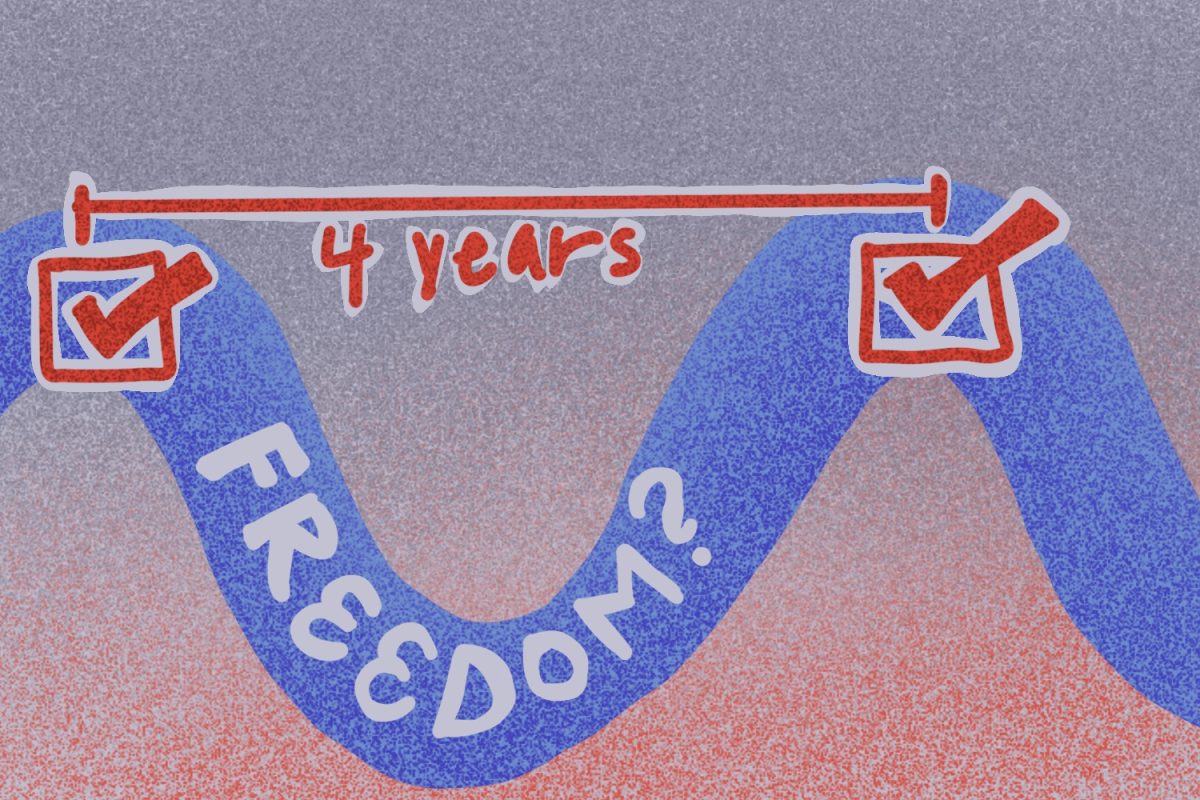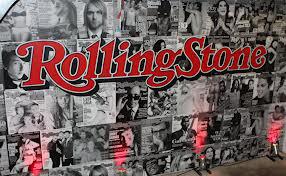On Sunday, the Columbia Journalism Review released a report on Rolling Stone’s infamous 2014 story “Rape on Campus,” hacking out each wrongdoing, mistake and omission the writer made in her reporting of what she believed to be a true account of “Jackie,” the pseudonymous University of Virginia freshman at the center of the feature.
Though the story told in “A Rape on Campus” provided a sickening and inescapable lens into the very real sexual violence epidemic at American colleges, it was not a story that ended with its publication. In it, “Jackie” recounted her brutal gang rape at a September 2012 fraternity party, a crime she said fell on the apathetic ears of both friends and administrators. On Nov. 19, 2014, the magazine ran the story on its website, revealing the atrocities of seven men and a prestigious public institution to the world.
On Nov. 20, UVA students rallied in protest. On Nov. 22, the university suspended all campus fraternities and sororities pending an investigation. On Nov. 27, the writer of the story, Sabrina Rubin Erdely, admitted in an interview with Slate that she could neither contact nor interview the men accused. On Dec. 5, UVA’s Alpha chapter of Phi Kappa Psi, the fraternity in question, issued a statement denying that an event even took place over the weekend described in the story. On Dec. 10, The Washington Post published an article quoting divergent accounts of the night from three separate individuals featured in the Rolling Stone piece. The Rolling Stone story was all but discredited, non-apologies were issued, and on Dec. 22, Rolling Stone enlisted the help of Columbia Journalism School. On Sunday, the damning report came out, and Rolling Stone finally retracted the story.
It took the Post only days to unravel the magazine’s wrongdoings, but it didn’t require a giant national paper or a renowned journalism school to understand where it went wrong. Erdely failed in not confirming the details of Jackie’s story and in not fighting harder for corroboration, both proven possible (or impossible) by the Post. Senior Editor Coco McPherson and the Rolling Stone fact-checking team failed in not checking facts. And knowing all of this to be the case, Managing Editor Will Dana and the rest of the editorial staff failed in publishing an under-reported, uncorroborated story under the respected words “Rolling Stone.”
Knowing all of that to be the case, Editor and Publisher Jann Wenner has nonetheless maintained that nobody at Rolling Stone will lose their job.
On a smaller scale, this kind of misreporting would lead to mass layoffs, cuts to funding and even legal action. Rolling Stone’s staff, however, is secure and continuing on in their usual fashion (minus an audience of readers wanting to trust that what they read is true). If small news organizations have to be held at a high standard of accountability, shouldn’t Rolling Stone be held to the same standard? Quality journalism is quality journalism no matter how you slice it, just like shoddy journalism is shoddy journalism.
That comparison warrants a few words from this smaller-scale university outlet on what should have happened on the road to publication for “A Rape on Campus.” Dana’s defense of the story, that the team adapted their usual reporting and editorial process out of reluctance to challenge a rape survivor’s story, definitely has its merits. Rape on college campuses is not a falsified issue — it is a real, eviscerating cancer eating the lives of countless young men and women every year, with little done yet on an official level to fight it. This was the issue Erdely set out to take on in setting out to find Jackie.
But given how massive the problem is — if University of Virginia’s rape issue is really that problematic — there had to have been other traumatic stories, other brutal cases of the crime to inspect that would have drawn the same horror as Jackie’s. If the story was found out to be misreported and cutting the story entirely was not an option, finding a new source is the next best thing. That’s we would have done and that’s what we believe any respectable news source would have done. An allegedly “big story” means that the problem was widespread, so sources should not have been hard to come by. An honest, telling story of one rape survivor beats out a sensational but false source any day of the week.
Absent that, the story should not have run. Period.
That’s not a secret to be unearthed by Columbia. That’s ethics. Rolling Stone’s reputation will recover. Respected outlets have survived worse scandals. What remains in the air, though, is the fate of those who Rolling Stone, as a purveyor of journalism, ultimately failed. That’s the readers, whose trust must now heal. More, that’s the nameless, faceless community of survivors who, with Erdely’s defense in ruins, are now left again to defend themselves. More than anyone, they deserved better.


















































































































